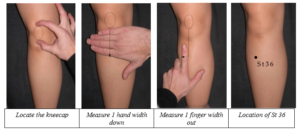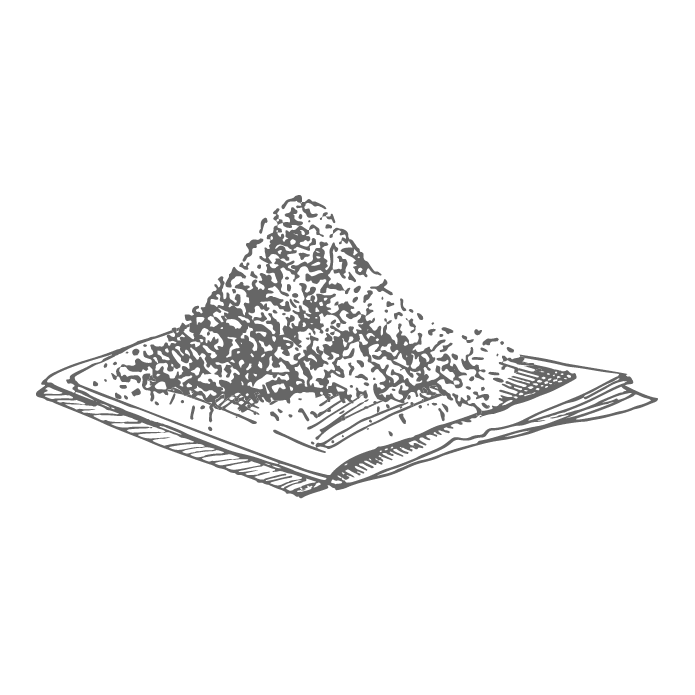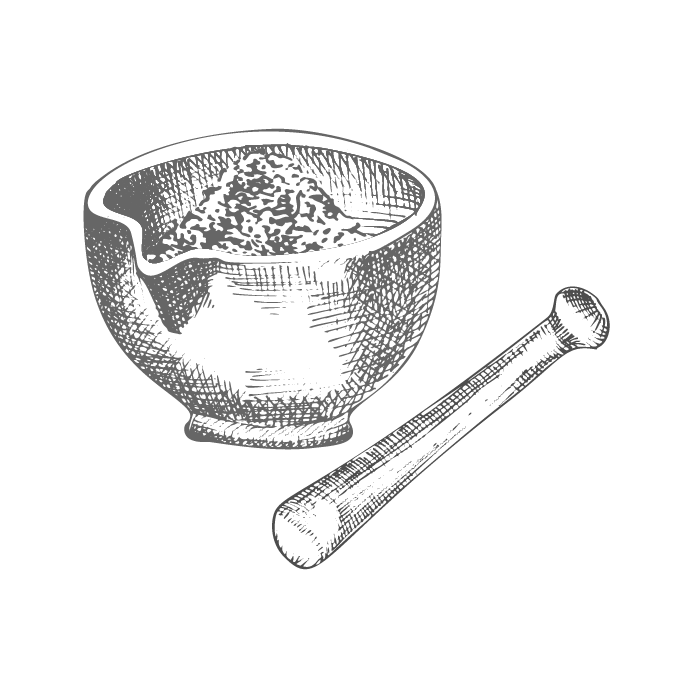
Understanding Asthma in Western and Chinese Medicine Perspectives.
Pathophysiology:
Asthma is a chronic inflammatory disorder of the airways, characterized by hyperresponsiveness, constriction of the airway muscles, and excessive mucus production. In susceptible individuals, exposure to triggers such as allergens, pollutants, respiratory infections, or exercise can lead to inflammation, causing the airways to narrow, resulting in symptoms like wheezing, coughing, shortness of breath, and chest tightness.
Risk Factors and Triggers:
Various factors contribute to asthma development, including genetic predisposition, environmental exposures (such as tobacco smoke, air pollution, or occupational exposures), respiratory infections, and allergens like pollen, dust mites, mold, and pet dander. Additionally, factors like obesity, stress, and physical activity levels can influence asthma severity.
Effects on the Body:
Acute Episodes:
During asthma attacks, the airway inflammation and constriction worsen, leading to increased difficulty in breathing. This can result in respiratory distress, decreased oxygen levels in the blood (hypoxemia), and potentially life-threatening complications if not promptly treated.
Long-Term Effects:
Uncontrolled asthma can have significant impacts on lung function and overall quality of life. Chronic inflammation and repeated exacerbations can lead to airway remodeling, irreversible lung damage, and an increased risk of complications such as pneumonia or respiratory failure.
Western Medicine Treatment Recommendations:
Long-Term Control Medications:
These medications aim to reduce airway inflammation and prevent asthma symptoms. Commonly prescribed medications include inhaled corticosteroids, long-acting beta-agonists, leukotriene modifiers, and mast cell stabilizers.
Quick-Relief Medications:
These medications provide rapid relief of acute asthma symptoms by relaxing the airway muscles and improving airflow. Short-acting beta-agonists (e.g., albuterol) are commonly used for quick relief during asthma attacks.
Asthma Action Plan:
Individuals with asthma should work with healthcare providers to develop a personalized asthma action plan. This plan outlines daily management strategies, triggers to avoid, and steps to take during asthma exacerbations, including when to adjust medications or seek emergency care.
Asthma in Traditional Chinese Medicine:
TCM Diagnosis:
In TCM, asthma is understood as a manifestation of imbalances in the body’s energy (Qi) and the interplay of external pathogenic factors. Diagnosis involves assessing the patient’s overall constitution, identifying patterns of disharmony (such as Lung Qi deficiency, Phlegm-Heat obstruction, or Kidney Deficiency), and addressing root causes of imbalance.
TCM Interventions:
1. Acupuncture:
Acupuncture stimulates specific points along the body’s meridians to regulate Qi flow and restore balance. For asthma, acupuncture may target points on the lung, spleen, and kidney meridians to alleviate symptoms, strengthen respiratory function, and harmonize the body’s energy.
2. Chinese Herbal Medicine:
Herbal formulas are tailored to the individual’s TCM diagnosis and aim to address underlying imbalances, reduce inflammation, and strengthen lung function. Herbs like Ma Huang (Ephedra), Bai Guo (Ginkgo Biloba), and Sang Bai Pi (Mulberry Bark) are commonly used for asthma management.
3. Lifestyle Advice:
TCM emphasizes the importance of lifestyle factors in maintaining health and preventing disease. Recommendations may include dietary modifications (such as avoiding cold and raw foods), practising stress-reduction techniques (like meditation, qi gong or Tai Chi), ensuring adequate rest and sleep, and creating a supportive living environment free from allergens and pollutants.
Individualized diet advice will be provided for clients once we have seen them for an Initial consultation.
In my practice – I also like to give out homework – which includes providing an acupressure routine that my clients can use in between treatments, as well as breathing techniques and stress management techniques.
Winter can also set asthma off with the cold air causing issues with breathing. Making sure that you rug up and stay warm is also a crucial part of asthma management.
In cold weather – remember to breathe through your nose – your nose warms and cleanses the air that we breathe.
Health Tip:
A great acupressure point that you can use to help build up your entire body – is Stomach 36.

St 36 with hands – image shows where the location is of Stomach 36 with a hand shown on the leg.
To find this point – please place 4 fingers under the knee as shown in the above image.
This point is a finger away from the bone – you can also find this point by placing your thumb in the indent on the outside of your knee and following this down by 4 fingers until you fall into a dip.
This is stomach 36.
How to Find Stomach 36 Acupressure Point.

4 image picture image of how to find St36.
Please apply pressure by holding the point with pressure for 1-3 minutes.
This point assists with improving energy, immunity, digestion, building up blood and overall health.
You can apply pressure to this point 3 times a day, or as needed throughout the day.
National Guidelines for Asthma Management in Victoria, Australia:
In Victoria, asthma management aligns with the national guidelines provided by organizations like the National Asthma Council Australia (NAC). These guidelines emphasize:
– Personalized Treatment Plans:** Healthcare providers work with individuals to develop tailored asthma management plans based on their symptoms, triggers, and treatment goals.
– Regular Asthma Reviews:** Regular follow-up appointments are recommended to assess asthma control, adjust medications as needed, and provide education and support.
– Patient Education:** Empowering individuals with asthma and their families through education about the condition, including recognizing symptoms, understanding triggers, and knowing when to seek help.
– Asthma Action Plans:** Providing written asthma action plans to help individuals self-manage their condition, including instructions for daily management, recognizing worsening symptoms, and knowing when to seek emergency care.
Conclusion:
By integrating the insights and treatment modalities of both Western medicine and Traditional Chinese Medicine, individuals with asthma can access a comprehensive approach to managing their condition.
By addressing both the underlying imbalances and acute symptoms, individuals can achieve better asthma control, improve their quality of life, and reduce the risk of exacerbations and complications.
If you or someone you know has issues with asthma – we are here to help!
If you would like more information please give us a call on 0412 789 772 or you can book an appointment with us online – BOOK NOW!


